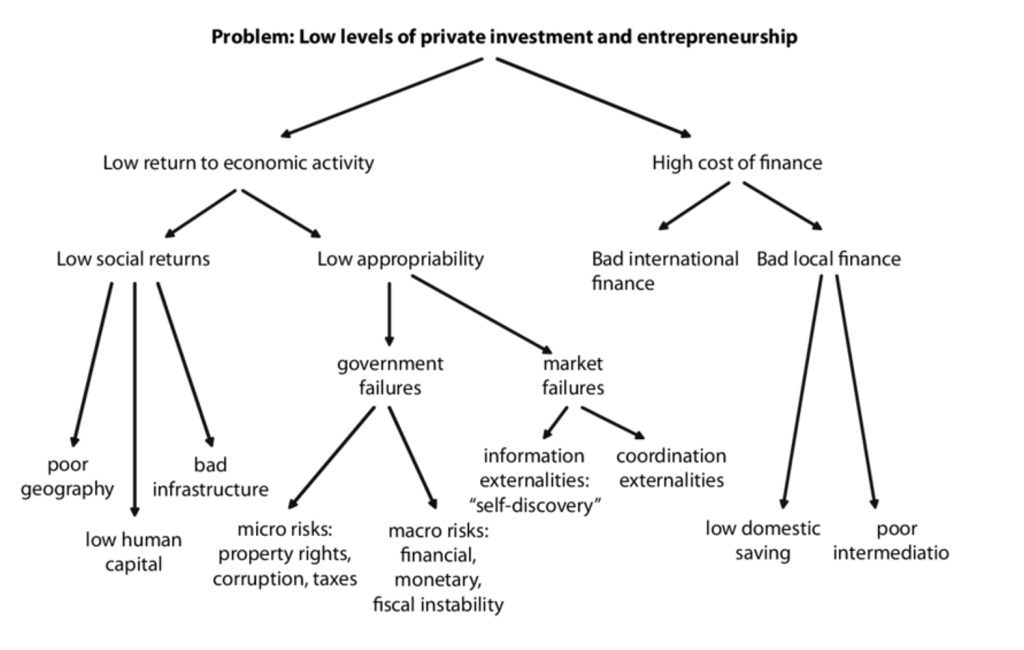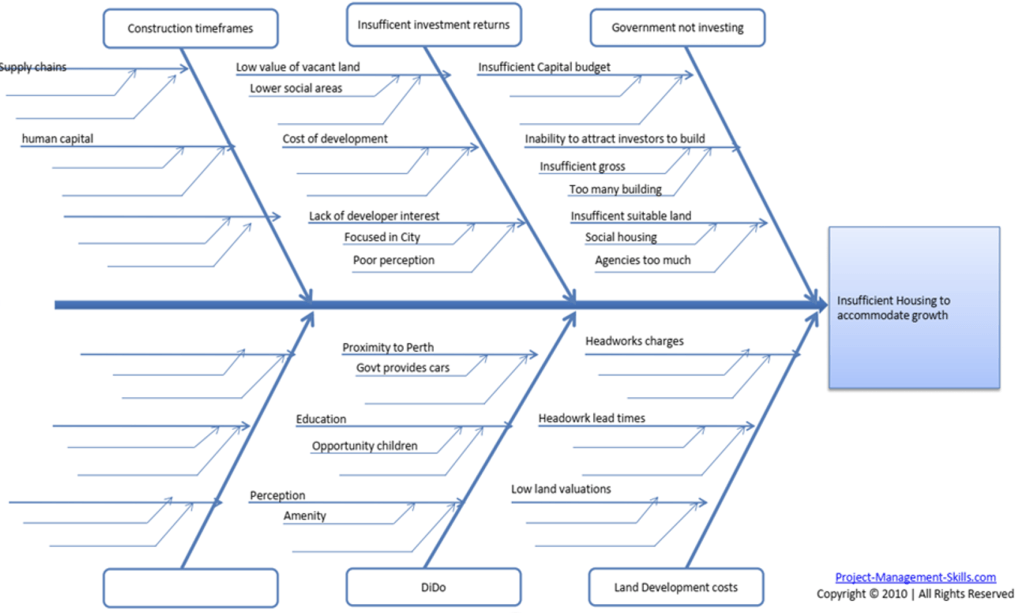Guest blog by Jason Whiteaker, LEG’23
I came into this program thinking about how the program would help me identify solutions to the growth challenges being faced by my region. Within the first two weeks my thinking had completely changed, moving away from the solution-based approach and very much focusing on identifying the problem / challenges the region actually faced. Without doubt this is the single most significant take away I have had from this program.
The 1804 challenge was a great way to introduce and differentiate between complex and complicated problems. Developing my understanding in this area has been beneficial not only in an economic development context but in a general management and leadership context.
Looking at economic development through the lens of a complex problem has challenged my thinking around how to address growth challenges being faced in my region. Taking a more iterative approach to developing our regional economy certainly makes sense. A good illustration of this is I recently reviewed a regional economic development plan which had over 50 actions identified. I was talking with the economic development manager of this region and asking how they were going to deliver economic growth, given the number of actions – the response was by simply working through the 50 actions and ticking them off one by one. So, the outcome they were looking to achieve was implementing the actions, not delivering growth!
The PDIA (problem driven iterative adaptation) has been a useful methodology, amongst many, to utilise as a framework for identifying the growth problem. This has really assisted in looking beyond ‘best practice’ or what has worked in other regions to focus in on my context to identify growth problems and potential solutions. Incorporating tight feedback loops is something I am looking to incorporate into the internal processes we have in my region. While the try, learn, iterate and adapt process will be a challenge to incorporate, it is something I will be looking to pursue.
The notion of high bandwidth organisations and policies is another key take away. Being able to build capacity within the organisation and building on what is existing and then identify missing public elements that may be limiting our diversification. This was particularly pertinent in my context as we had already gone down the incentive pathway, with limited success, so pivoting to potentially looking at funding identified needs / gaps in Government infrastructure will be an adjustment we will look to make.
In all honesty there have been so many take aways from this program, however I will finish off with another concept which has really stuck in my mind, which is around binding constraints. This has been extremely useful form my perspective, and the decision tree put forward in week five, is a tool I will continue to utilise. Identifying the binding constraints within my growth problem has been very beneficial and provided me with some clarity around moving forward in my context.

I started out thinking my growth problem was ‘attracting employment generating development to the region and maximizing the economic and social benefit to our community’.
I ended up with my growth problem being ‘Insufficient housing to accommodate growth’.
In between the beginning problem and end problem I think I had around 6 iterations of what I thought was my growth problem. Utilising the 5-whys and fishbone diagram really helped me understand the challenge my region is facing. Here is the last fishbone diagram I developed;

There have been a significant number of take aways from this course that I will utilise. Importantly, in my current context, it has really helped to support some strategies in economic development we have been utilising as an organisation. For example, we are one of the few regions not to have a formal economic development plan or indeed an economic development officer. Our approach has been around leveraging what we already have in the region and working with this industry to leverage what they do into the ’next opportunity’. We have also taken a more organisational approach to economic development, where a range of staff within our organization across multiple departments have been involved in one way or another. While we have had success with this, there have been questions around our ‘lack of a plan’ – it is nice to get some validation through this course. This course has also put a framework around what we have been doing, and supercharge our approach, which while has been moving in the right direction, lacked the tools and understandings that I have now developed through this course.
The problem driven approach to economic growth, and particularly the PDIA, will be a methodology/tool that I will continue to utilise. This is already guiding my thinking around strategies and actions we need to have in place to facilitate growth in our region.
Further to the PDIA, the framework around Authority, Acceptance & Ability will be a key moving forward, particularly with our housing challenge. I have realised that in the housing space we have acceptance, however, are struggling with the authority and ability. To this end I have already arranged a meeting with the WA State Government Minister for Housing as he is key to the authority piece, as part of the solution requires WA Government investment / buy in, while I am also now working with Development WA (a Government Trading Enterprise who deliver house and land development in regional areas where the private sector may not be active), who are the final piece of the puzzle when it comes to ability.
I am very keen to explore the metro verse in more detail, the discussion around technology and describing this in the context of knowhow was initially a challenging concept for me to grasp (or agree with) but I am now beginning to see the value in this approach. This will be a focus moving forward, once we have addressed the binding constraints around housing, understanding the Northam Industry space and identifying what ‘trees’ are close by that our ’monkeys’ can jump to!
This is a blog series written by the alumni of the Leading Economic Growth Executive Education Program at the Harvard Kennedy School. 72 Participants successfully completed this 10-week online course in May 2023. These are their learning journey stories.
